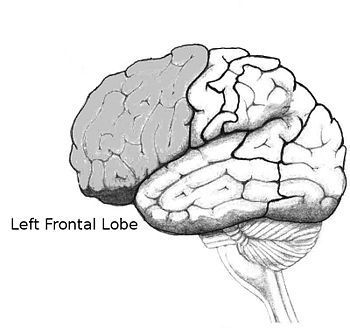Most of us have experienced the vague feeling of knowing something without having any memory of learning it. This phenomenon is commonly known as a “gut feeling” or “intuition”; more accurately though, it is described as implicit or unconscious recognition memory, to reflect the fact that it arises from information that was not attended to, but which is processed, and can subsequently be retrieved, without ever entering into conscious awareness. According to a new study, our gut feelings can enhance the retrieval of explicitly encoded memories – those memories which we encode actively – and therefore lead to improved accuracy in simple decisions. The study, which is published online in Nature Neuroscience, also provides evidence that the retrieval of explicit and implicit memories involves distinct neural substrates and mechanisms. The distinction between explicit and implicit memory has been recognized for centuries. We know, from studies of amnesic patients carried out since the 1950s, that implicit memories can influence behaviour, because such patients can learn to perform new motor skills despite having severe deficits in other forms of memory. Thus, the term implicit memory refers to the phenomenon whereby previous experience, of which one is not consciously aware, can aid performance on specific tasks. Ken Paller of Northwestern University and Joe Voss, who is now at the University of Urbana-Champaign in Illinois, set out to investigate further the influence of implicit recognition on decision-making, and used electroencephalography (EEG) to try to identify the brain activity associated with it. 12 healthy participants were presented with kaleidoscopic images under two different conditions. In one set of trials, they paid full attention to the images, and then perform what is referred to as a forced-choice recognition test, in which they were shown another set of images and asked to decide whether or not they had seen each of them before. In the other condition, they were made to perform a working memory task whilst the initial first set of images were presented to them – they heard a spoken number and were asked to keep it in mind, so that during the next trial they could indicate whether it was even or odd. Thus, in these trials, their attention was diverted away from the stimuli.....
Via Thomas Menk, Philippe Vallat



 Your new post is loading...
Your new post is loading...








